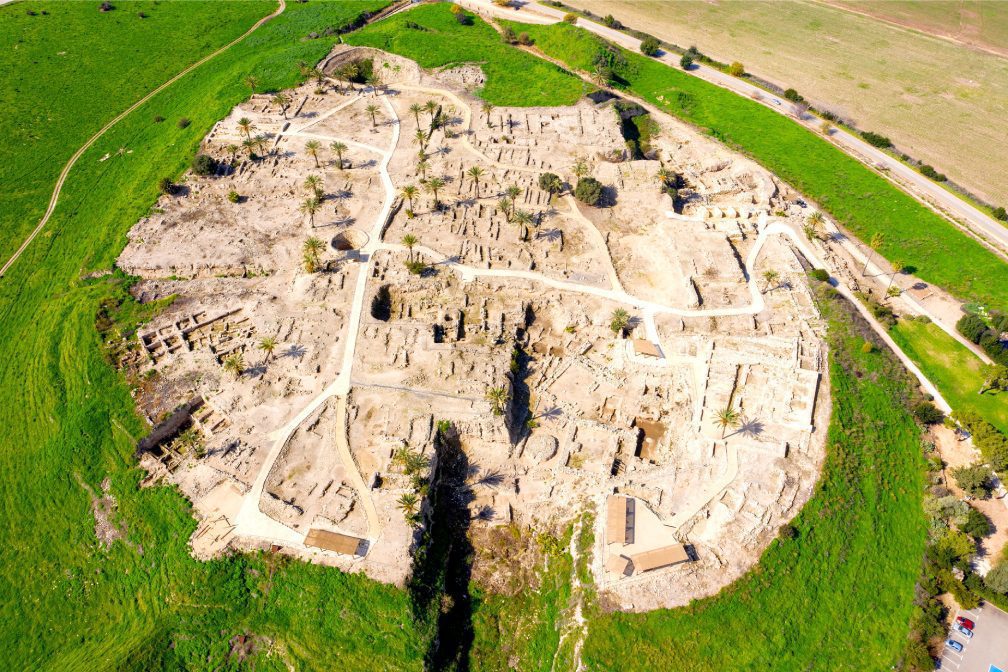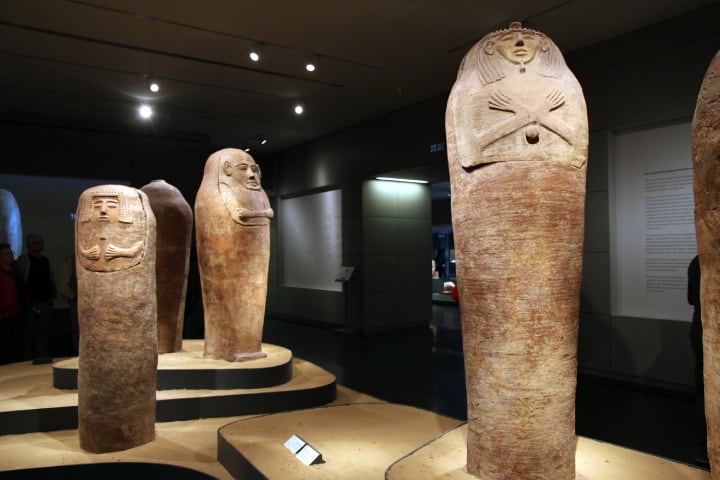The Battle of Megiddo in 609 BCE was a significant military engagement in the ancient Near East near the ancient city of Megiddo, located in northern Israel. This battle was part of a larger series of conflicts during the Assyrian Empire’s decline and the Neo-Babylonian Empire’s rise.
Background:
- At the time, the Assyrian Empire, a dominant power in the region for centuries, weakened due to internal strife, rebellions, and external pressures.
- Pharaoh Necho II of Egypt sought to exploit this vulnerability and expand Egyptian influence in the Levant.

The Campaign:
- In 609 BCE, Pharaoh Necho II led an Egyptian army northward through the coastal region of the Levant, intending to support Assyrian forces against the rising Neo-Babylonian Empire.
- King Josiah of Judah, a vassal state of Egypt, opposed Necho’s advance and intercepted the Egyptian army near Megiddo.
The Battle:
- The exact details of the battle are not well-documented, but it is believed to have been a significant conflict.
- King Josiah of Judah was mortally wounded in the battle and subsequently died. His death marked the end of his reign and the decline of the Kingdom of Judah.
Aftermath:
- Despite the victory at Megiddo, Pharaoh Necho II’s campaign did not save the Assyrian Empire, which continued to crumble.
- The Neo-Babylonian Empire, under the leadership of King Nebuchadnezzar II, continued to rise in power and eventually defeated Egypt and Assyria, leading to the capture of the city of Nineveh in 612 BCE.
Top 10 Archaeological Finds in Israel

The Battle of Megiddo is significant for its immediate impact on the region and its historical and symbolic importance. It is often cited in the context of biblical texts, and Megiddo itself is referenced in the Book of Revelation in the New Testament, where it is associated with an apocalyptic battle, often referred to as the “Battle of Armageddon.”
In the broader historical context, the battle marked a transitional period in the ancient Near East, with the decline of the Assyrian Empire and the ascendance of the Neo-Babylonian Empire, which would go on to play a central role in the history of the region, including the Babylonian Exile of the Jewish people.

